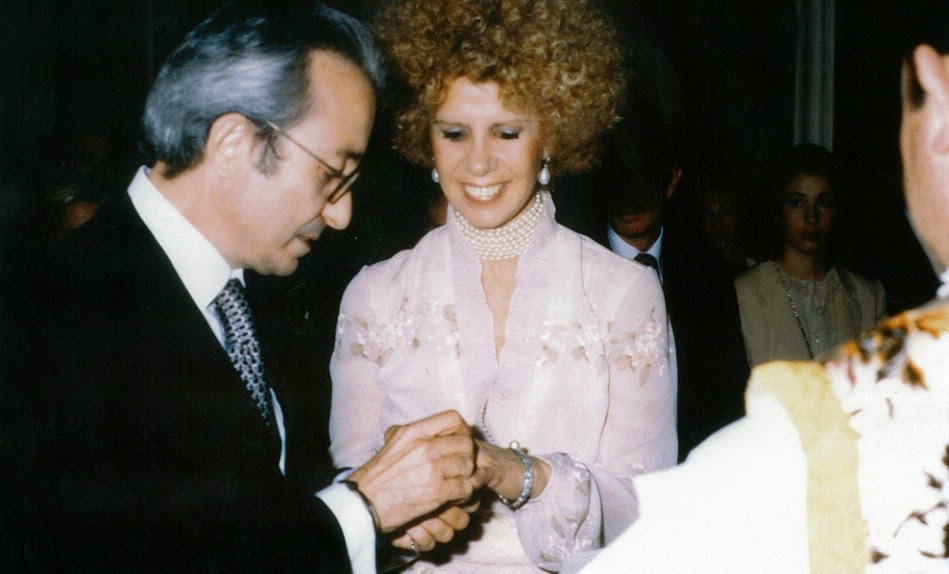
The cause of death was cancer of the pharynx, the Spanish news media said.
A Spanish Jesuit who studied philosophy and theology, he eventually attracted the attention of Franco's police as he spoke out against fascism. They apparently monitored his words but did not move against him. He left the priesthood in 1969 and joined the Spanish publishing firm of Taurus, becoming editorial director.
Even before Franco's death in 1975, the duke set about ending Spain's cultural isolation from the rest of the world. He published foreign works that had been unavailable during most of the fascist epoch and especially the left-wing sociological writings of the leaders of the Frankfurt Institute for Social Research, like Walter Benjamin and Theodor W. Adorno, and succeeded in publishing Spanish writings that had been suppressed.
His publishing work at Taurus was widely credited with helping to create the intellectual climate in which Spain made the transition from fascism to democracy and in which a new generation of political leaders grew up.
In 1977, the duke, who was also a music lover, was appointed director general of music at the Ministry of Culture in the new post-Franco government. There he created the Spanish National Orchestra and Choir, two national ballet companies and the National Musical Documentation Center. He became a member of the Royal Spanish Academy and the Royal Academy of Fine Arts.
In 1978, he created a sensation in Spanish society by marrying María del Rosario Cayetana Fitz-James Stuart Silva y Falco, who had become Duchess of Alba in 1953 on the death of her father, a former ambassador to Britain, and had been widowed five years previously.
Reputedly the richest person in Spain, she held 47 titles of nobility and was 18 times a Spanish Grandee. She was 52, while the new Duke of Alba, who acquired the title on his marriage, was 44. Asked at the time whether her husband would use the title, the duchess replied, ''I am very sorry, but whoever marries me has to carry the title.''
Jesús Aguirre Ortiz de Zárate was born in Madrid on June 9, 1934, the son of an army officer, and was reared in Santander, in the north of Spain.
He entered the Jesuit seminary at Comillas, graduating in philosophy and theology. In 1956 he was sent to Munich, where he obtained his doctorate in theology, was ordained, and organized discussion groups between Roman Catholics and Marxists.
Returning to Madrid in 1962, he began working as a university chaplain at the University of Madrid, where his anti-fascist beliefs showed clearly in his sermons and attracted the attention of Franco's secret police.
He became closely connected with the Frente de Liberación Popular, one of a number of anti-fascist Catholic organizations that grew up in those years, offsetting some of the support the church had previously shown for the Franco regime.
When he left the priesthood in 1969, he said simply, ''It doesn't answer all the questions.''



No comments:
Post a Comment